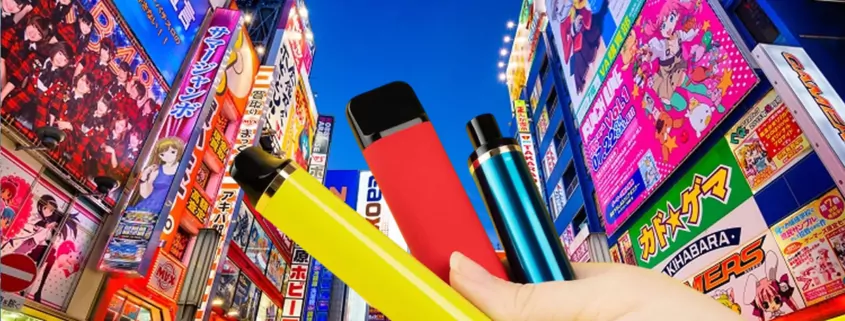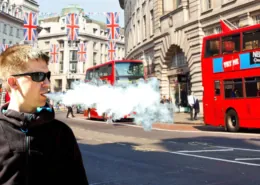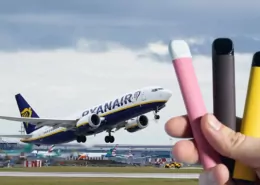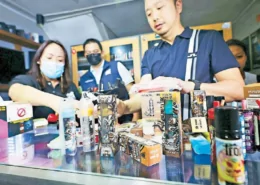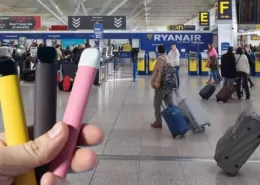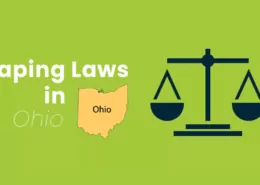Navigating Vape Laws and Regulations in Japan (2025): A Guide for All
Japan offers a fascinating blend of tradition and modernity, attracting visitors and businesses from around the globe. However, when it comes to vaping, the country employs a unique and often complex regulatory system that differs significantly from many other nations. Understanding these laws is crucial, whether you’re a consumer, a traveler planning a visit, or a business operating in the alternative products space. This guide provides a comprehensive overview of Japan’s vaping regulations as of April 2025, covering rules for nicotine and non-nicotine products, industry requirements, public use restrictions, and essential advice for travelers.
Japan’s Dual System: Nicotine vs. Non-Nicotine Vaping Laws
The cornerstone of Japan’s approach to vaping regulation lies in a critical distinction based on nicotine content. Under the country’s Pharmaceutical Affairs Law (now often referred to as the PMD Act – Pharmaceutical and Medical Device Act), e-liquids and e-cigarettes containing nicotine are classified as medicinal products. This classification has profound implications:
- Nicotine Products Face Strict Controls: Because they are treated like pharmaceuticals, nicotine-containing vapes require specific approvals and licenses that are generally not granted for consumer vaping products. This effectively prohibits their sale within Japan.
- Non-Nicotine Products Treated as Consumer Goods: Vaping devices and e-liquids that do not contain nicotine fall outside this strict pharmaceutical framework. Instead, they are regulated under general consumer product safety laws, making them legal to manufacture, import, and sell within Japan, subject to ensuring product safety.
This bifurcated system creates two parallel markets and sets of rules. The government’s focus is clearly on controlling access to nicotine due to its addictive nature and perceived health risks, while allowing non-nicotine alternatives under standard consumer protection regulations. This approach contrasts sharply with countries that regulate vapes primarily as tobacco products or standalone consumer electronics regardless of nicotine content. It has also inadvertently paved the way for Heat-Not-Burn (HNB) tobacco products (like IQOS) to gain significant market share in Japan, as they are regulated under existing tobacco laws, facing fewer hurdles to sale than nicotine e-cigarettes.
Laws on Selling and Making Vapes in Japan
The dual regulatory system dictates the operational landscape for businesses in the Japanese vape market.
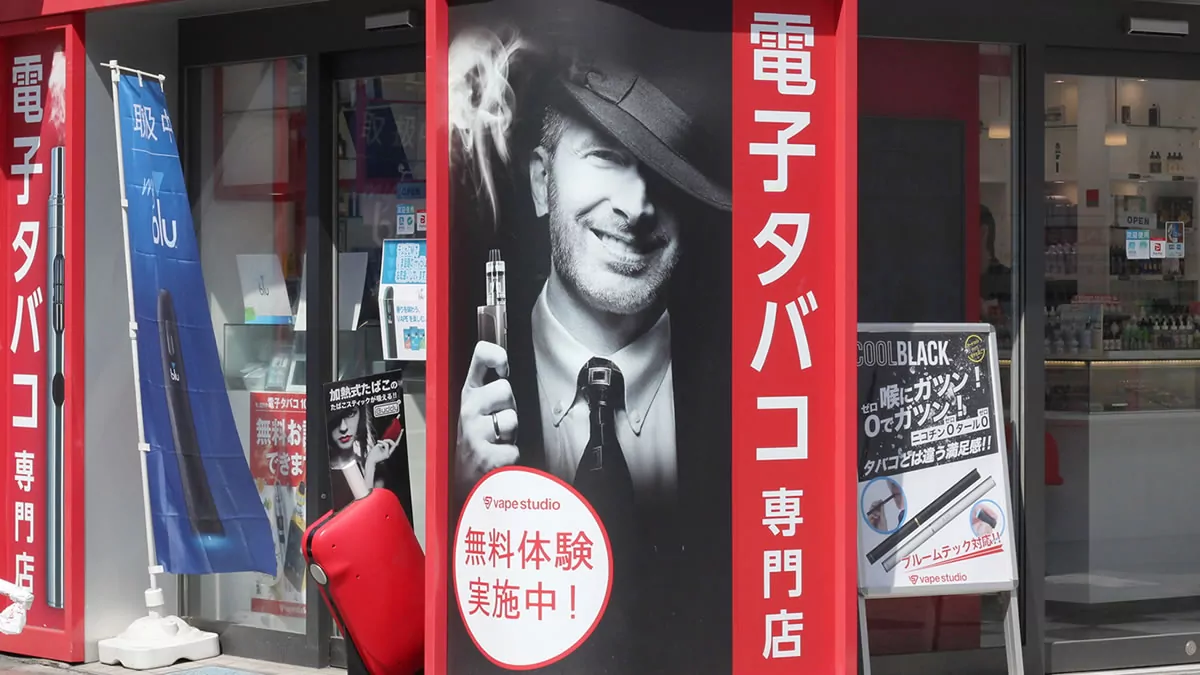
Manufacturing, Import, and Sale:
- Nicotine Products: Manufacturing nicotine e-liquids or devices within Japan requires pharmaceutical licenses that are effectively unobtainable for these products. Similarly, importing nicotine-containing e-liquids or devices for commercial sale within Japan is illegal. This reinforces the domestic sales ban by cutting off legal commercial supply routes.
- Non-Nicotine Products: Businesses can legally manufacture, import, and sell non-nicotine vaping devices and e-liquids in Japan. These activities fall under general business and consumer product safety regulations rather than the strict pharmaceutical controls.
Licensing and Compliance:
- Non-Nicotine Sales: Businesses selling non-nicotine vapes need standard retail business licenses required by local municipalities or prefectures, ensuring compliance with general commercial, tax, and safety laws. They must also adhere to the Consumer Product Safety Act regarding the safety of devices and e-liquid ingredients.
- Nicotine Sales: Selling nicotine vapes would require pharmaceutical sales licenses, which are not granted for these products, making legal commercial sales impossible for typical vape shops or retailers.
Advertising and Marketing:
- Japan relies heavily on industry self-regulation for advertising tobacco and related products (likely including non-nicotine vapes), governed by the Tobacco Business Act framework. This is less restrictive than countries with outright bans.
- Guidelines typically focus on preventing marketing to minors (under 20) and including health warnings.
- Advertising is generally prohibited via television or in public spaces, but internet advertising may be allowed with robust age verification systems.
- These restrictions likely apply to non-nicotine vapes as well, aiming to prevent normalization of vaping behavior among youth.
Product Standards:
- Nicotine vapes, as medicinal products, theoretically face high pharmaceutical-grade standards, though this primarily applies to assessing personal imports rather than domestic products (which can’t be legally sold).
- Non-nicotine vapes must meet general consumer product safety standards to protect users from hazards like battery malfunctions or unsafe ingredients, though specific mandatory certifications aren’t detailed in easily accessible regulations.
Buying, Possessing, and Importing Vapes in Japan
Understanding the rules is crucial for both residents and visitors who vape.
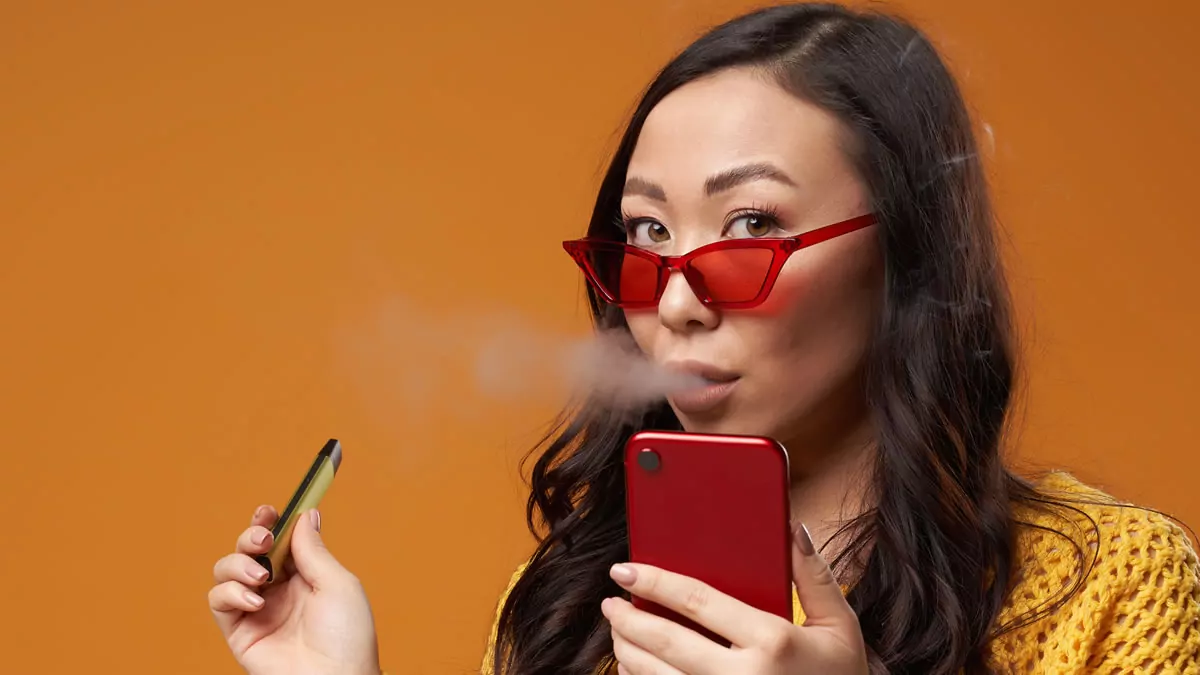
Purchasing:
- Non-Nicotine Products: Adults (generally age 20+) can legally buy non-nicotine devices and e-liquids from vape shops, convenience stores, or online retailers within Japan.
- Nicotine Products: It is illegal to purchase any e-liquid or e-cigarette containing nicotine from any vendor within Japan. No vape shop, convenience store, or Japanese website can legally sell them.
Possession and Use:
- Non-Nicotine Products: Legal to possess and use (subject to public space restrictions).
- Nicotine Products: Possession and personal use are technically permitted IF the products were legally imported for personal use within the allowed limits (see below).
Age Restrictions:
- The legal age for purchasing and using tobacco, alcohol, and likely all vaping products (including non-nicotine) in Japan is 20 years old.
- While Japan lowered the general age of adulthood to 18 in 2022, the age limit for these specific product categories remains 20. Retailers are expected to enforce age verification.
Personal Import of Nicotine Vapes (Crucial for Travelers/Users):
- Since nicotine vapes cannot be bought legally in Japan, users rely on personal importation.
- Quantity Limit: You are allowed to import nicotine-containing e-liquid for personal use, but the total volume cannot exceed 120ml per person. This is considered roughly a one-month supply.
- Device Limit: You are generally limited to bringing a maximum of two vaping devices for personal use.
- Nicotine Strength: The 120ml limit applies to the total liquid volume, regardless of the nicotine concentration.
- Disposable Vapes: Nicotine-containing disposables count towards the 120ml limit based on their e-liquid capacity.
- Exceeding the Limit: If you need more than 120ml of nicotine e-liquid (e.g., for a longer stay), you must apply for and obtain a Yakkan Shoumei (medicine import certificate) from the Ministry of Health, Labour and Welfare before traveling. This is a formal process requiring documentation.
- Non-Nicotine Imports: E-liquids containing zero nicotine are generally not subject to these strict 120ml quantity limits.
- Packing for Flights: Due to airline safety rules regarding lithium batteries, always pack vaping devices (including disposables) in your carry-on luggage, not checked bags.
Where Can You Vape in Japan?
Japan treats vaping in public largely the same way it treats smoking traditional cigarettes – it’s heavily restricted outside of designated areas.
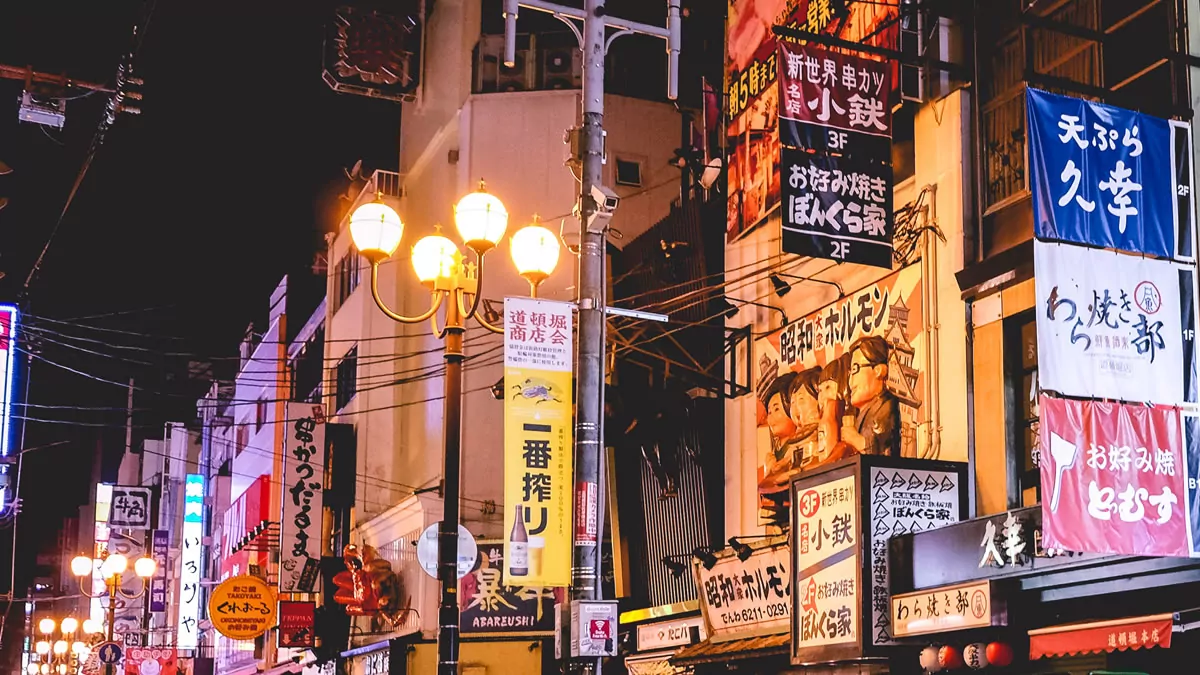
- General Public Ban: Smoking and vaping are prohibited on most streets (especially busy ones), in parks, and other outdoor public gathering areas in many cities and wards. Vaping while walking is particularly frowned upon and may incur fines.
- Designated Smoking Areas (“Kitsuenjo”): You MUST use designated smoking areas for vaping in public. These are often marked spots located near train stations, office buildings, shopping centers, and sometimes parks. Finding them can require effort; look for signage or use dedicated apps/websites (like “Smoking Section MAP” or check local government sites).
- Public Transportation: Vaping is banned on trains (including most subways and local lines), buses, and airplanes. Some Shinkansen (bullet trains) may have enclosed, ventilated smoking rooms where vaping might be permissible – check the specific train line’s policy.
- Airports: Vaping is only allowed in designated smoking areas, typically located outside terminals or in specific zones post-security.
- Restaurants, Cafes, Bars: Since the revised Health Promotion Law took effect in 2020, indoor smoking/vaping is generally banned in most establishments. Exceptions exist for:
- Places with dedicated, fully enclosed, and ventilated smoking rooms. Vaping may be allowed here.
- Some smaller bars or restaurants established before April 2020 might be exempt, but rules vary.
- Establishments may have “heated tobacco only” smoking rooms where traditional vaping might not be allowed.
- Always check the specific establishment’s policy. Look for signs or ask staff before vaping.
- Hotels: Many hotels offer smoking rooms where vaping is usually permitted. Be sure to request a smoking room specifically when booking if you intend to vape indoors. Vaping in non-smoking rooms or common areas is prohibited.
- Private Residences: Vaping is permitted in private homes.
Key Takeaways and Advice for Travelers
Navigating Japan’s vape laws requires careful attention, especially regarding nicotine products. Here are the essential points:
- Importing Nicotine Liquid: You can bring nicotine e-liquid for personal use, but strictly no more than 120ml total. Bring a maximum of two devices. Pack devices in carry-on. Exceeding the limit requires prior approval (Yakkan Shoumei).
- Importing Non-Nicotine Liquid: Generally no strict quantity limits apply.
- Buying in Japan: You cannot legally buy nicotine e-liquids or nicotine-containing vapes anywhere in Japan. You can buy non-nicotine liquids and devices if you are 20 or older.
- Bring Enough Nicotine Liquid: If you use nicotine vapes, calculate your needs for the trip and ensure you bring enough (within the 120ml limit) as you won’t be able to buy more legally.
- Vape ONLY in Designated Areas: Treat vaping like smoking. Find designated smoking spots (“kitsuenjo”) for public vaping. Never vape while walking on busy streets or in non-designated areas.
- Check Rules Indoors: Always confirm the policy before vaping inside restaurants, bars, cafes, or hotels, even if they have smoking rooms. Assume it’s banned unless clearly permitted.
- Respect Local Etiquette: Be discreet and considerate even in designated areas. Avoid creating large clouds in crowded spots.
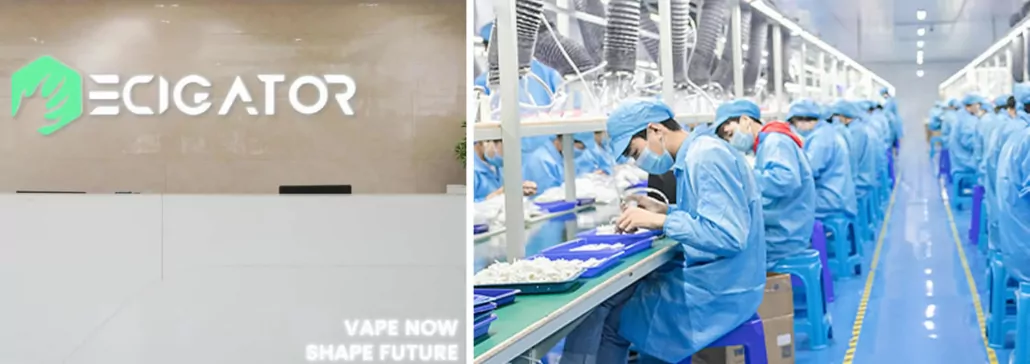
ECIGATOR
Ecigator is one of the well-known vape brands spun off from FM Technology Co., Ltd, it’s an ISO-certified disposable vape manufacturer for OEMs, ODMs, and OBM since 2010. The founder team comes from top firms with more than 10 years of experience in the vaping industry and has devoted thousands of hours to providing users with a better and better experience.
Conclusion
Japan’s regulatory approach to vaping is unique, driven by its classification of nicotine as a medicinal product. This leads to a complete ban on the domestic sale of nicotine e-cigarettes, while allowing non-nicotine products under consumer safety rules. For nicotine users, personal importation within strict limits (120ml liquid, 2 devices) is the only legal avenue. Public vaping is confined to designated smoking areas, mirroring cigarette restrictions. By understanding this dual system, respecting the import limits, and adhering to public use rules, travelers, consumers, and businesses can navigate Japan’s vaping landscape compliantly.
- Is It Illegal to Vape or Smoke While Driving in the UK? - August 11, 2025
- Virginia Roanoke Considers $20,000 Annual Fee for Vape Shops - August 11, 2025
- Mississippi to Ban Unauthorized Vape Products in October - August 11, 2025

